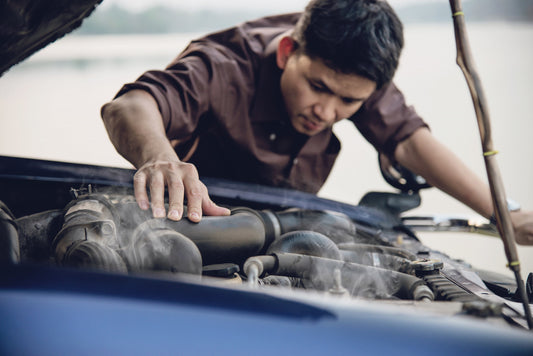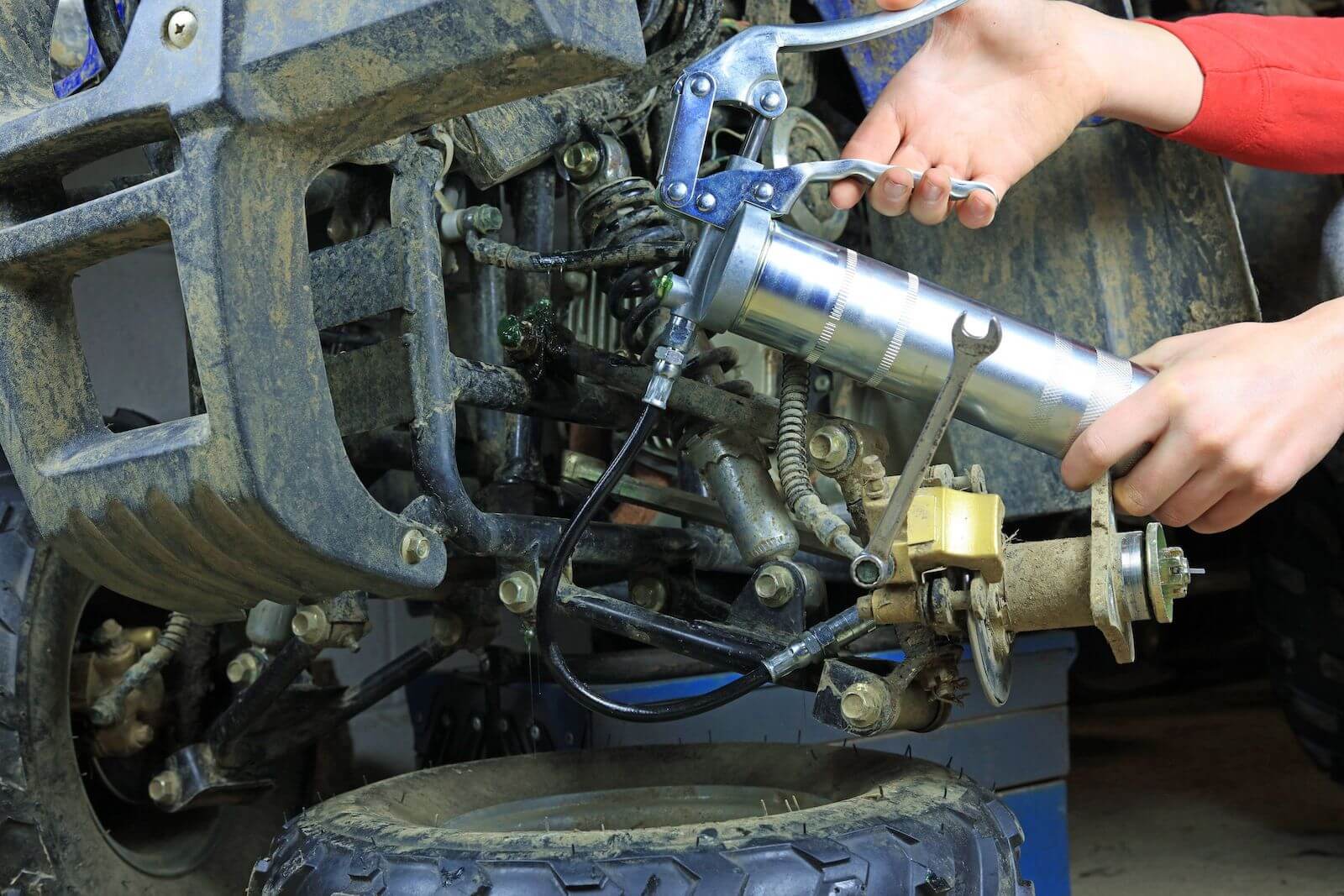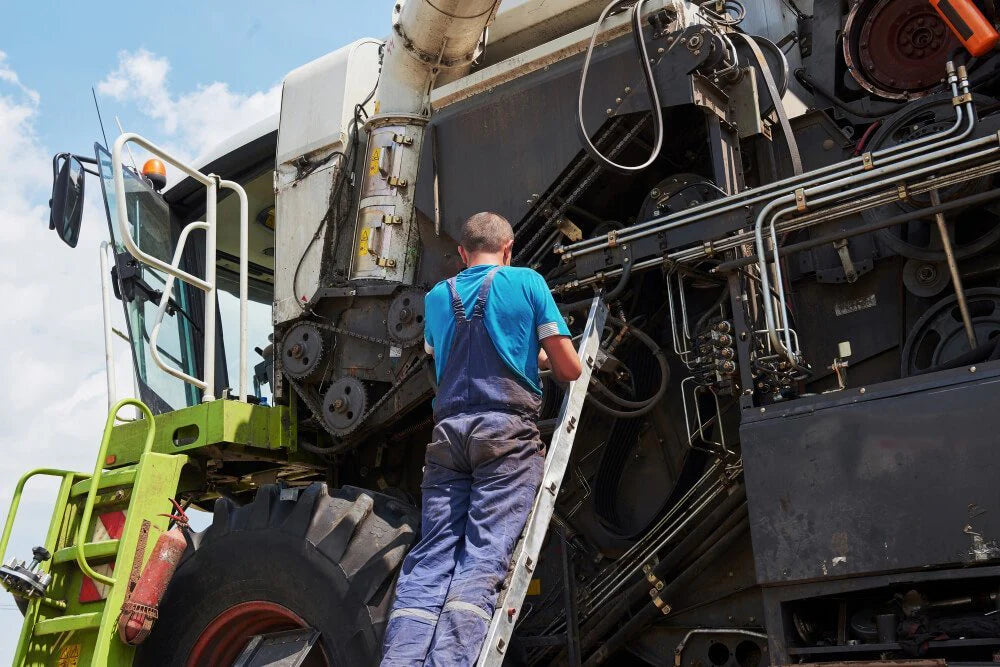Congratulations! You are a hobby farmer or are looking at becoming a hobby farmer. Hobby Farming is a lifestyle choice that connects you with agriculture, animals, and mother nature, and can be very rewarding.
Raising your own food, working with your land, and raising and caring for livestock can bring a person a natural joy that can be hard to find in the hustle and bustle of a fast-paced city lifestyle. That said, hobby farming will present challenges that you have not faced before and can be hard physically and emotionally. Don’t get discouraged!
Farming is going to have ups and downs and it is going to make you learn about a lot of different subjects, but as you learn and grow you will have more ups than downs. To help you eliminate some of the downs and fast-track your knowledge we have put together some must-know tips to help you avoid disaster on your hobby farm this winter.
Animal and Livestock Related Tips
Here are a few tips you should follow:
1. Animals need shelter and warmth in winter just like humans
Ok, maybe not just like humans. A cow, goat, or chicken is not going to need a 4 bed, 2 baths, ranch style home with plenty of closet space and a sports cave, BUT they are going to need a place to shelter.

So, you have to research the needs of the animals you are raising or going to raise. Follow these guidelines when researching.
- Don’t research general terms, get specific. Research the breed of animal you are raising. A thick-coated breed is going to need a lot of different shelter than a thin-coated animal.
- Don’t plan on having “average” weather. Plan on preparing for the maximum lows you could experience.
2. Water freezes, make sure to winterize your watering system for your animals
Sounds like something you have known most of your life but freezing water systems can be one of the most aggravating problems a hobby farm can face. Insulate your water lines and add heaters where you can.
- Make sure any heater you install will not create a fire hazard. You don’t want to turn a problem into a disaster so make sure you are not creating a fire hazard. Use heating sources that are rated for how you intend to use them. Tape heaters and submersible tank heaters can work well to keep the water flowing, but please use caution only as directed.
- Check water levels daily. It is essential to check your watering systems at least twice per day. If your animals get dehydrated, they are more likely to get sick and struggle to maintain their temperature, therefore, you must check your watering systems often.
3. Have a feeding schedule and know the correct feed for winter vs. summer
Domesticated animals like regularity and it helps them stay healthy and warm so pick a feeding schedule and stick to it. A general rule is that you want to make sure they are fed or have feed available late in the day/early evening.

By feeding towards night, you make sure the animals are active as the temperatures start to lower plus the digestive process will help keep them warmer at night.
- Feed the correct feed. Did you know high-nutrition foods generate more heat and energy than high-fibre foods? On our beef ranch, the cattle spend the summer grazing and feeding on grassy hay, however, in winter they are fed a blend of corn silage, hay silage and a grass alfalfa hay blend. The diverse and nutrient-packed blend of hays and silages gives the cattle more energy and helps them stay warm and healthy. Find out what the right diet is for your animals.
4. Keep Snowpack Down and Walkways Open
Remove snow early and often from high-traffic areas around your animals. If the animals walk on the snow and pack it down it becomes hard to remove and can become icy during warmups or in spring. Packed snow also melts slower and can trap water and cause flooding in spring, so it is important to plan and be proactive.
Equipment Related Tips
Tractors, snowblowers, ATVs, and other machinery are crucial to keeping hobby farms and rural life in motion. Here are some tips to keep them running and make sure they start and run when you need them.
1. Prevent your diesel fuel from gelling or freezing
It’s true, diesel fuel can freeze or gel and prevent your diesel equipment from starting or running. So, once it starts getting cold you will need to add an anti-gel to your diesel fuel to prevent it from freezing.

We recommend using Airtec Frostline -40 anti-gel as it is a concentrated formula that protects diesel fuel down to the coldest levels and adds lubricity and ignition readiness to the diesel fuel. Frostline -40 is trusted by fleets, farms, and essential industries across the USA to keep machines running so you can be confident it will keep your hobby farm running as well.
2. Store as much equipment as you can out of the weather
Repeatedly sitting in the elements can cause wiring issues, crack plastic components, and damage batteries so it is crucial to store machines indoors when possible. If you don’t have a shed or shop, tarping equipment can drastically help as well.
3. Keep everything lubricated
Greasing is one of the most important things you can do before and during winter. Greasing not only prevents wear and tear but also prevents corrosion and rust from forming due to condensation.

To stop corrosion and not make a mess we recommend the Lube-Shuttle® Hobby Farm Greasing Kit. The grease gun is a mess free and the grease is designed for year-round use, so all your needs are covered.
Wrap up
If you follow the tips above and plan, you can eliminate a lot of headaches before you get them (ounce of prevention=pound of cure?!). So, plan ahead, be safe, and if you experience a set back don’t get discouraged. Learn from setbacks and grow as a person. In hobby farming and rural living, experience and education are some of the rewards.






